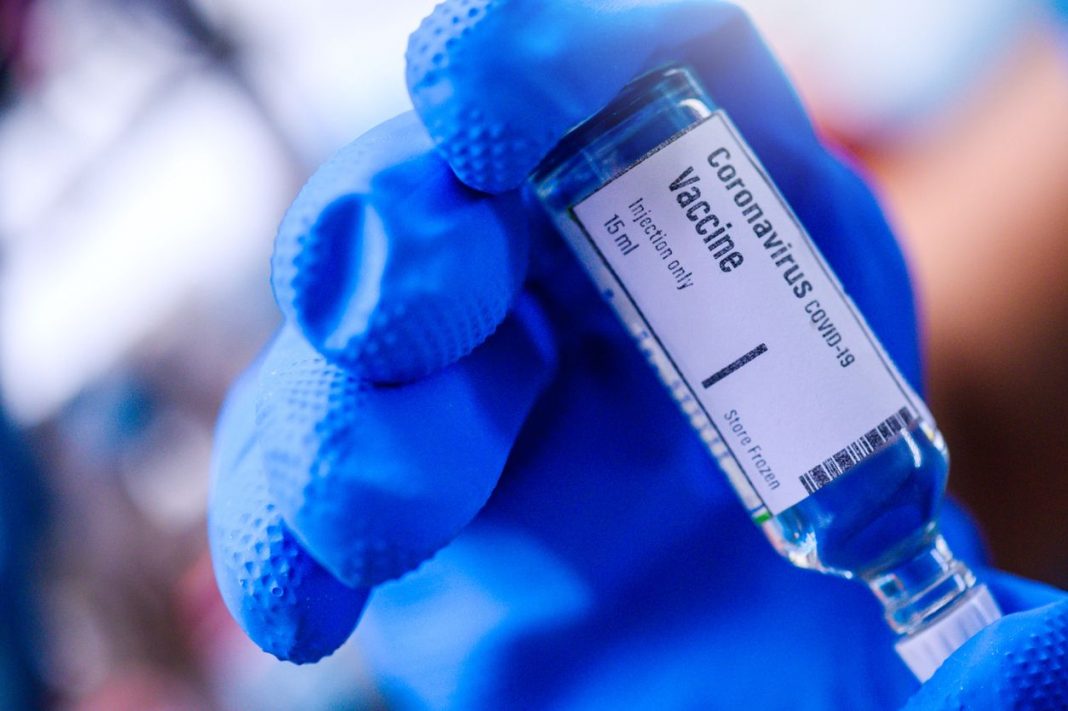The Australian National University (ANU) is leading the way for COVID-19 research using Australia’s fastest supercomputer, Gadi, based in Canberra.
ANU Associate Professor Megan O’Mara is using Gadi to understand how COVID-19 invades human cells and, in turn, hopes to find a drug to deter it.
“What we are now doing is simulations of the entire human receptor for the virus and testing different drugs to see if they will stop the entry of the virus into the cells,” she said.
“Targeting the interaction between the human receptors and the coronavirus binding protein might well be a useful direction for drug design.
“This project will produce world-first vital information about regions of the receptors that could be potential vaccine or drug targets.”
Having Gadi on board speeds up the research process significantly, as the work it will be completing in the coming months would take a human around 1,500 years on a single computer.
Associate Professor O’Mara said she hoped all results would be in by Easter next year.
“If we were to do this in the lab we would need to have animals or cell line we could infect and it would take months and months, but with the computer we can focus on the proteins involved in the entry into the cell,” she said.
“We have condensed this down to a 12-month process which speeds it up a huge amount. We still need to take things to human trials eventually, but it allows us to get rid of the ones that aren’t going to work.”
Gadi was also named in the US-led COVID-19 High Performance Computing consortium on Wednesday night (12 August), an international affiliated initiative for research into the virus.
Associate Professor O’Mara said her research, once completed, would hopefully be used to decrease the severity of the virus while a vaccine was being created.
“We would like to have a vaccine but if we can’t, we need an arsenal of different drugs to work for people with mild and severe infections,” she said.
“How it would work is you would go and have a COVID test and if you test positive while you’re pre-symptomatic, the idea is we find a drug that would stop it from developing any further.”



